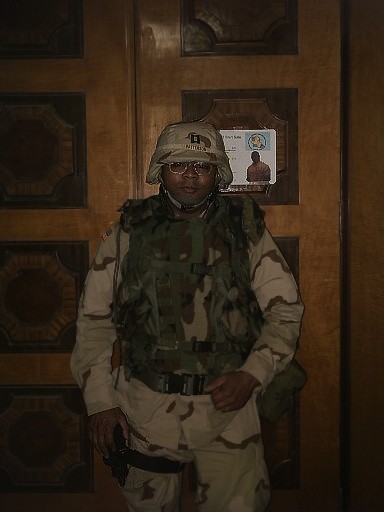By Chad Garland, News21
What We’re Reading:
Navy uniforms are flammable, and military knows it (Dianna Cahn, 1/9, The Virginian-Pilot) The Navy’s standard-issue working uniform is not flame-resistant and “when subjected to a flame, it will burn robustly until completely consumed,” according to Navy findings released in December. A Navy spokesman said the service knew about this when designing the uniform, but had no requirement for a fire-retardant uniform. A Navy Times editorial estimates that phasing in a flame-resistant uniform could carry a $20 million price tag.
Can Service Save Us? (Joe Klein, 6/20, Time) Several service-based veterans groups are helping veterans find a sense of purpose in civilian life after returning from war. Organizations like Mission Continues and Team Rubicon give veterans an opportunity to apply their unique skills and experience toward improving communities through volunteer service and disaster relief.
“I Am Sorry That It Has Come To This”: A Soldier’s Last Words (Daniel Somers, 6/22, Gawker) Daniel Somers’ suicide letter describes his struggle with the trauma he brought home from war in Iraq, including PTSD and traumatic brain injury. Somers was a machine gunner in the turret of a Humvee on as many as 400 combat missions in Iraq in 2004-2005. He was 30 years old when he took his own life on June 10, 2013.
Veterans key to medical marijuana lobby efforts (Sophia Tareen, 6/21, Associated Press) Illinois Governor Pat Quinn faces a decision whether to sign legislation to legalize medical marijuana in the state. The Democratic governor has placed veterans’ issues at the top of his agenda and veterans lobbying for medical marijuana legalization may sway his decision.
In Debate Over Military Sexual Assault, Men Are Overlooked Victims (James Dao, 6/23, The New York Times) As the Pentagon, Congress and even the White House grapple with the problem of sexual assault in the military, one aspect that has been largely overlooked is the fact that the majority of victims are men. Of the estimated 26,000 service members who experienced unwanted sexual contact in 2012, 53 percent are men, according to the Pentagon.

